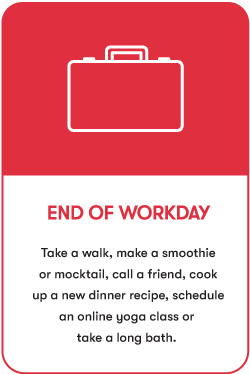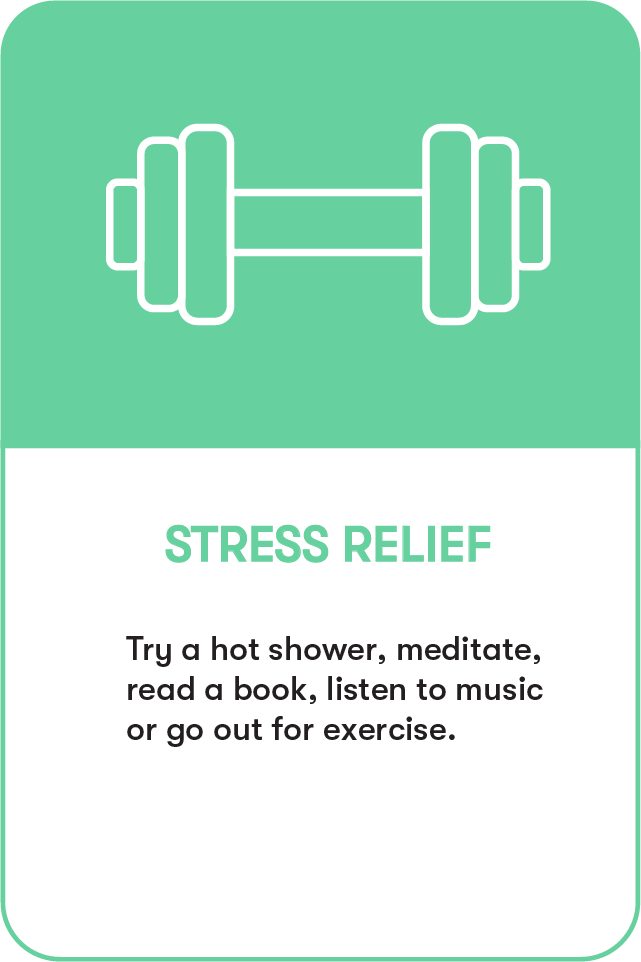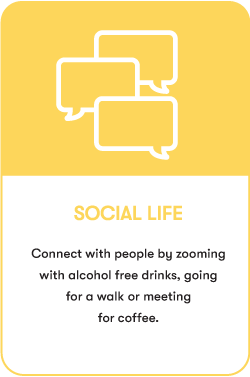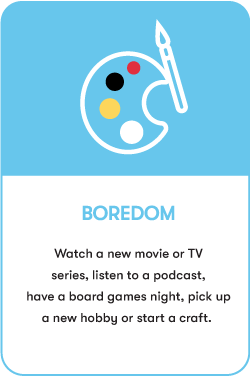Being isolated at home during COVID –19, many of us have picked up a habit or two, without even realising it. Some of us have reported that we are drinking a bit more than before. Here is how to take steps to get back to a healthier lifestyle.
For most Australians, lockdown has lasted around 70 days and research shows it can take just 66 days to form a new habit – beyond our baking and jigsaw puzzles.
Habits bypass our conscious thoughts and happen automatically. Having an extra drink or two each night as part of your daily routine can become harder to cut back over time and could end up developing into a bigger problem.
We’ve developed some simple strategies that, when practised over time, can get you back on track with new healthier habits.
How do I break my habit?
1. Recognise why you are drinking
What triggers your urge to drink? Once you understand why you’re drinking, often at the same time and place each day, then it can become easier to find a new habit to fill in this time. Is it the end of the workday or after putting the kids to bed? Is it out of boredom, for stress relief or part of your social life?
Understand your drinking triggers:
2. Set an achievable goal
To reduce your drinking, it helps to set a goal. Start with small steps to change your habit – these will build up to achieving your end aim. For instance, set yourself a limit on how much you drink in one sitting or reduce the number of days each week that you have a drink. Going cold turkey rarely works. Too many changes at the same time puts us under pressure.
3. Choose an alternative activity
Try swapping out the alcohol for a new activity. Plan when and where you will do your chosen replacement activity. It’s best if it is in a regular time and place. Every time you encounter that time and place, do the action. It will get easier with time, and in about two months you should find you are doing it automatically without even having to think about it. Here are some suggestions.




4. Plan to handle urges
When it’s hard to avoid a trigger and an urge hits, remind yourself of your reasons for changing or get involved with a healthy, distracting activity such as physical exercise or a hobby. It can also help to talk things through with someone you trust when those cravings start to kick in and you are struggling to break your habit. Try and ride out the urge, knowing that it will soon pass.
5. Don’t be afraid to ask for support
Cutting down on your drinking may not always be easy. But remember, there are a lot of people in the same boat as you. Let friends and family members know that you need their support or even get a buddy who also wants to rethink their drinking pattern. It’s much easier to form a new habit when you’re doing it with someone else and can share your challenges and tips for success. Equally, look out for a role model, someone who has the healthy habits you want to have yourself.
Online communities like the Daybreak app, Counselling Online and SMART Recovery have support at your fingertips. Hello Sunday Morning’s blogs and social media posts provide some great ideas to help you change your relationship with alcohol.
6. Persevere and be kind to yourself
Drinking may not be an easy routine to break, so give yourself credit for trying. Lapses are perfectly normal when trying to change behaviour. Use a setback as a way of understanding what went wrong and how you might do things differently. When you can’t avoid a trigger and a craving strikes, remind yourself of your reasons for changing your drinking – it can help to carry a note or store a message on your phone so you can whip it out easily when you need it. After a successful week of following an alternative habit, reward yourself with a healthy treat.
Congratulations, by following these steps you’re on your way to a healthier habit! We’re still all in this together and there’s lots of support out there.
It helps to put things down in writing, download the Alcohol Diary to keep track of your goals:
Support Services
Access our many ways to find support and start making a change today.
Withdrawal
If you have developed a physical or psychological dependence on alcohol or a drug, or both, find out more.




